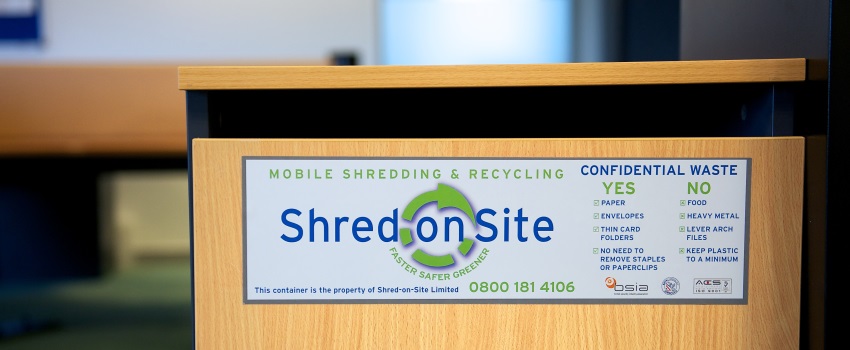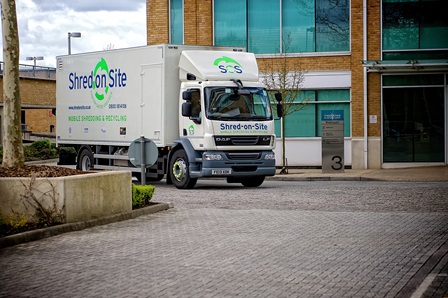How working from home and outside the office brings its own Security challenges
Remote working has become the norm in the past six months. While this has been an essential step for most businesses when it comes to adapting to the challenges of COVID-19 it’s also important not to overlook the potential challenges it can create. There are many benefits to working from home as long as security remains a top priority for all those involved.
What are the potential risks to home working?
Staff using their own devices.
Corporate-owned laptops and devices are much more likely to have adequate protection installed than those that belong personally to individuals. This can create vulnerabilities where staff are accessing business networks via machines that don’t have the right protection to ensure that network remains secure.
Misuse of company devices.
Even where employees have been issued with corporate technology this can still be misused. For example, to access unsecure websites, failing to keep software up to date or something as simple as not using adequate password protection.
Lack of security surrounding documents & files.
There are significant risks to electronic files and documents as a result of home working but it’s important to remember that physical documents are also created when people are working from home. These documents may contain sensitive client data or confidential business information but may still simply end up in regular rubbish bins or recycling, increasing the risk of a security breach.
Dealing with the risks of home working
- Create guidelines for ensuring that home working practices are secure so that everyone who is doing this understands what is required from them, and when.
- Make sure that there is widespread understanding of how important passwords are to the security of the business. Today, it’s still all too common for employees to be using passwords such as “password” or “123456,” which are incredibly easy to guess. Require your staff to choose complex passwords and change them regularly.
- Ensure your workforce is aware of the importance of document destruction. You can convert your employees into security assets for your business by making them aware of the problems that can arise if documents are not properly disposed of. Make sure that each one knows they have a responsibility to do this safely and effectively.
- Work with a third-party shredding provider. Even if your teams are working from home there may still be scope to arrange for a third-party provider to deal with your shredding needs. This is often the simplest way to ensure your business is as secure as it can be while a large proportion of the workforce is remote working. It also removes the need to invest in technology – such as a home shredder – for each individual employee.
Working from home and outside of the office certainly has benefits and may still be essential for some. However, it’s important that this arrangement is supported by robust security practices, both when it comes to digital documents and also physical too.
To enquire about any of our shredding services call our team on 0800 181 4106 or you can obtain an online quote here.







